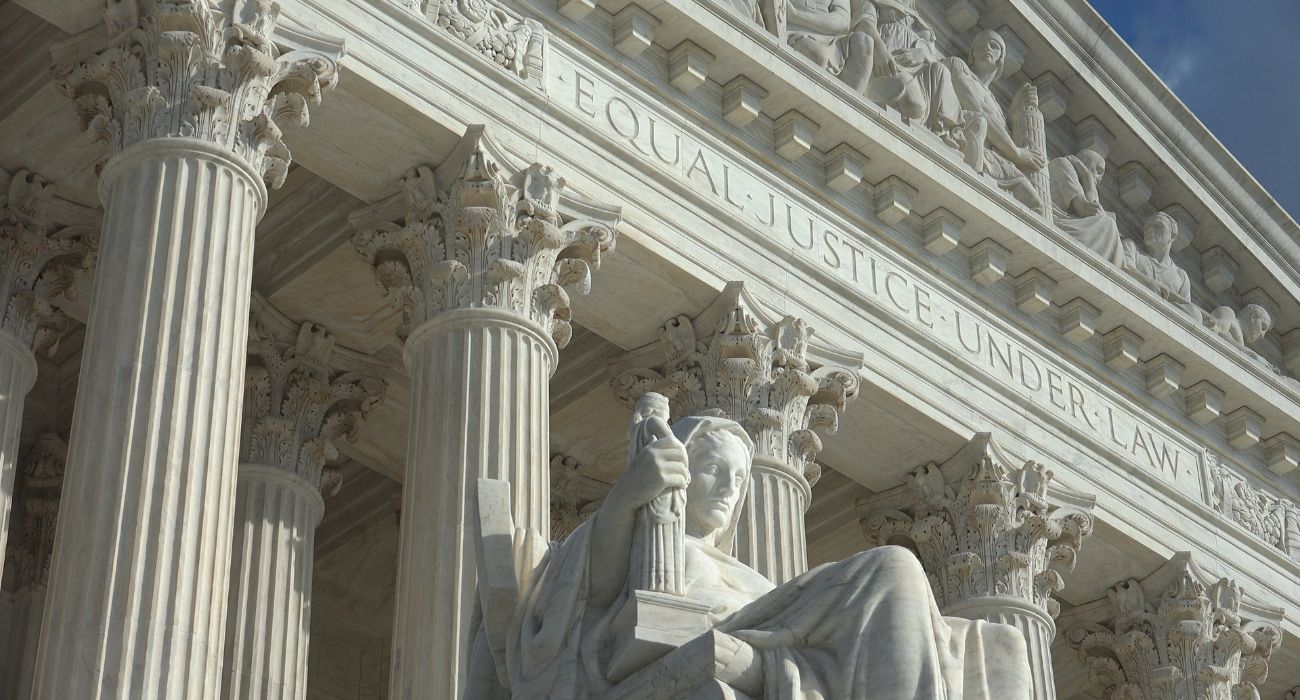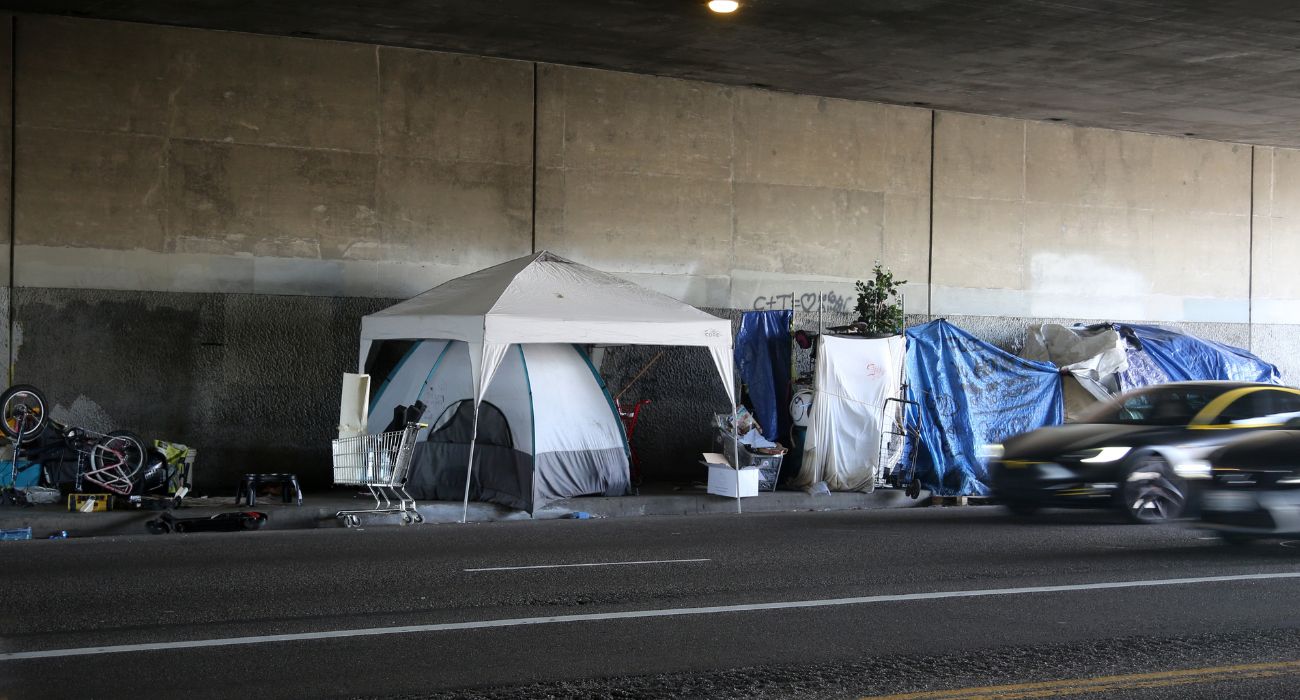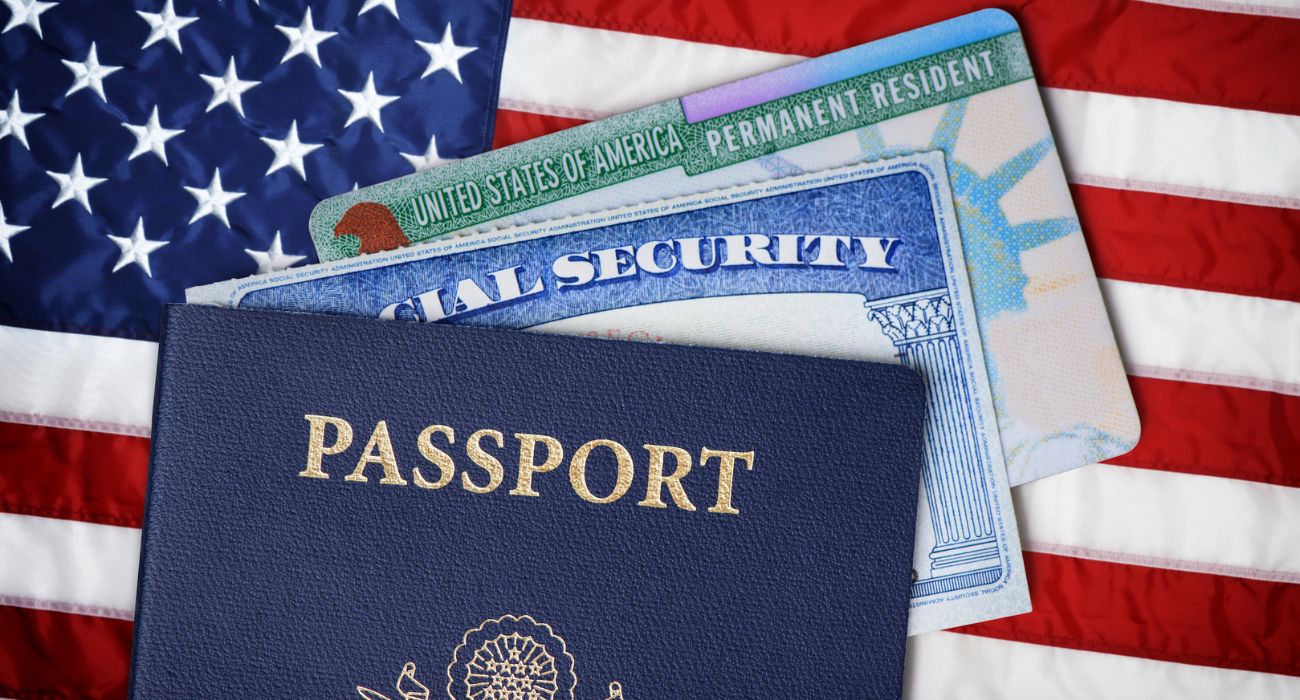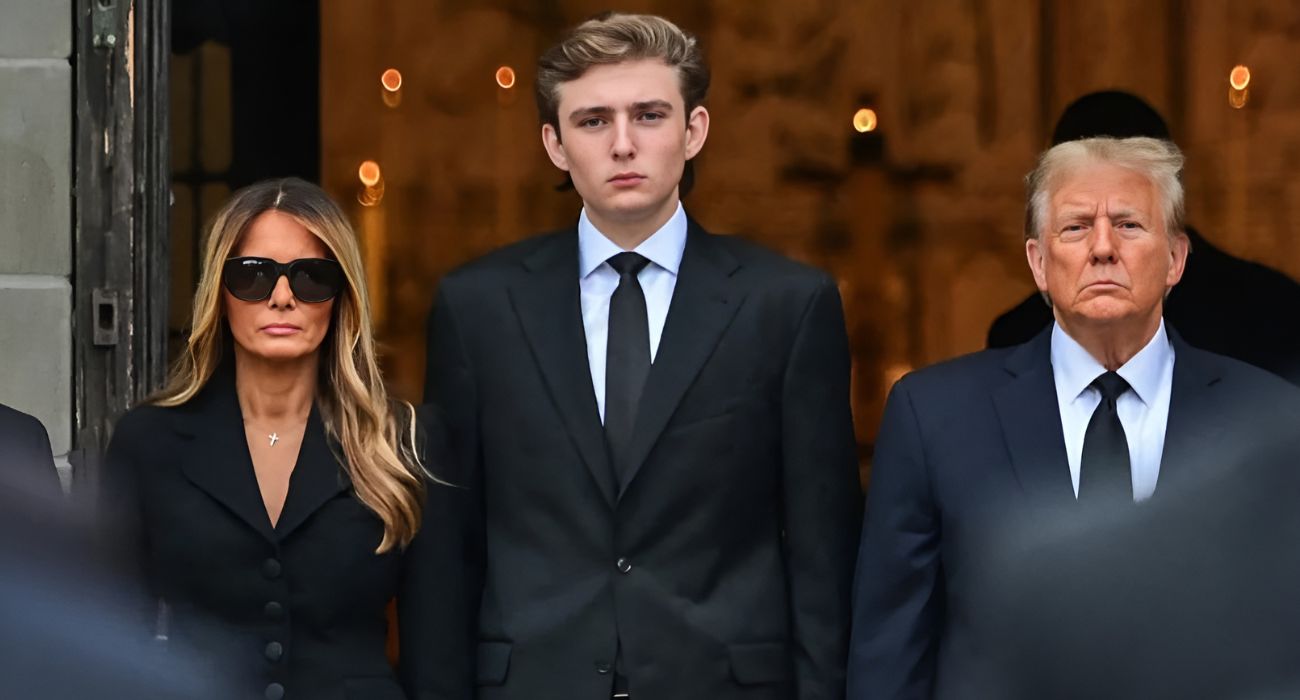Recent public scrutiny of the behavior of justices on the Supreme Court has led the body to draft and sign a new code of conduct.
The code consists of five main points that the justices said were “tailored to the Supreme Court’s placement at the head of a branch of our tripartite governmental structure,” CBS News Texas reported.
The nine-page code has broad directives, like “justices should uphold the integrity and independence of the judiciary” and “refrain from political activity.” It also sets specific parameters around when justices should be disqualified from hearing a case and what kinds of outside speaking and fundraising engagements they can participate in.
In a statement, the justices said that a formal code of ethics was necessary because of the “misunderstanding that the justices of this court, unlike all other jurists in this country, regard themselves as unrestricted by any ethics rules.”
According to the second “canon,” the justices are expected to “avoid impropriety and the appearance of impropriety” and avoid letting “outside influence” affect their conduct or judgment. The newly drafted guidelines seek to address some of the public outcry about the justices’ actions and relationships outside the courtroom.
ProPublica ran an exposé in April about Justice Clarence Thomas taking luxury trips paid for by a wealthy political donor.
All eight other Supreme Court justices came to Thomas’ defense after public outcry over the article. Later that same month, they presented a statement to the Senate Judiciary Committee defending the high court’s long-standing ethical practices.
Thomas was not the only one on the high court under scrutiny this year. In July, allegations emerged that Justice Sonia Sotomayor’s staff pushed colleges and libraries where the justice was scheduled to speak to buy hundreds of copies of her books.
Still, some senators feel the new code does not go far enough because it lacks an enforcement mechanism.
“[T]he lack of any way to enforce the code of conduct should any justice decide to ignore it is a glaring omission,” said Senate Majority Leader Chuck Schumer (D-NY).
Others, however, have expressed doubts over the sincerity of some lawmakers expressing concerns about the ethics of individual Supreme Court justices.
Carrie Severino, a former law clerk for Justice Thomas, claimed such lawmakers were trying to intimidate the justices because they disagreed with some of the opinions being handed down in recent years, according to Reuters.






